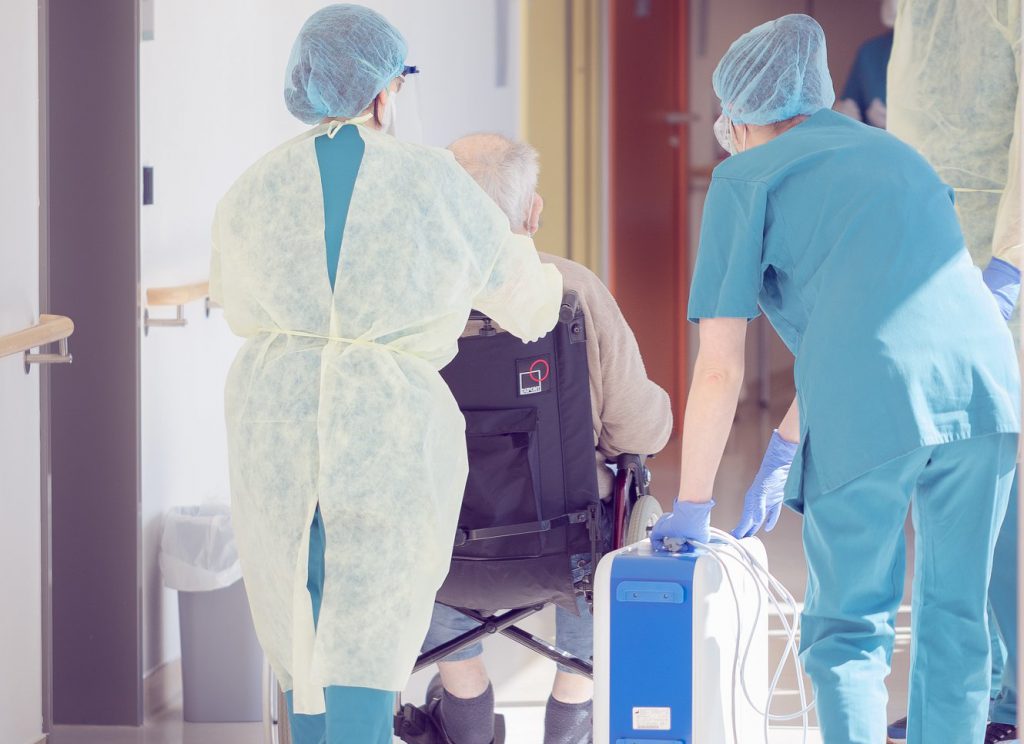26 May 2020

On 8 January 2020, the World Health Organization (WHO) announced the appearance of a new form of coronavirus in Hubei province, China. Since then, COVID-19 has surprised the whole world by spreading to all continents, including Europe, which is particularly hard hit, to the point of being declared an “international emergency”.
In Luxembourg, the Red Cross found itself confronted with what is at the heart of its mission: to protect the most fragile segments of the population in times of disaster. How did it cope?
The health authorities of Luxembourg and the Red Cross have been closely monitoring the development of the pandemic since the beginning of the year. Following the detection of a first person who tested COVID-19 “positive” in the Grand Duchy, a crisis unit was set up at government level in the beginning of March.
In Luxembourg, as in other European countries with an ageing population, COVID-19 is particularly fatal for the elderly, or people weakened by other health problems. The Luxembourg Red Cross is already helping these particularly vulnerable groups through a number of services, in line with its mission: “Mënschen hëllefen” [Helping People].
Our teams have been organized from the outset so as not to expose the people we support: teleworking has been introduced wherever possible, and our staff have been trained and equipped to respect barrier gestures.
Above all, the Red Cross is working to strengthen Luxembourg’s health system as much as possible and to help those hardest hit by the crisis. While the general lockdown of the population was decided in mid-March, Relay Houses remained open to provide care for the children of the caretakers.
The Red Cross rehabilitation centre in Colpach has ensured the accelerated return home of its patients, with HELP’s team monitoring their care to enable the site to be transformed into a second-line COVID-19 treatment centre with a capacity of 80 beds.

“Since 27 March, we have been attending to coronavirus patients who need help and follow-up, but who do not present a vital risk. This enables our colleagues in acute-care hospitals to free up spaces in their facilities more quickly,” explains Jean-Philippe Schmit, Managing Director of the Colpach centre.
In parallel with the treatment of people affected by the pandemic, it is essential to ensure the continuity of care for patients suffering from other serious diseases. The teams at the Blood Transfusion Centre launched an appeal on 20 March: blood donations must continue. A record number of 1,700 people have applied to donate in less than a week, more than in an entire year.
